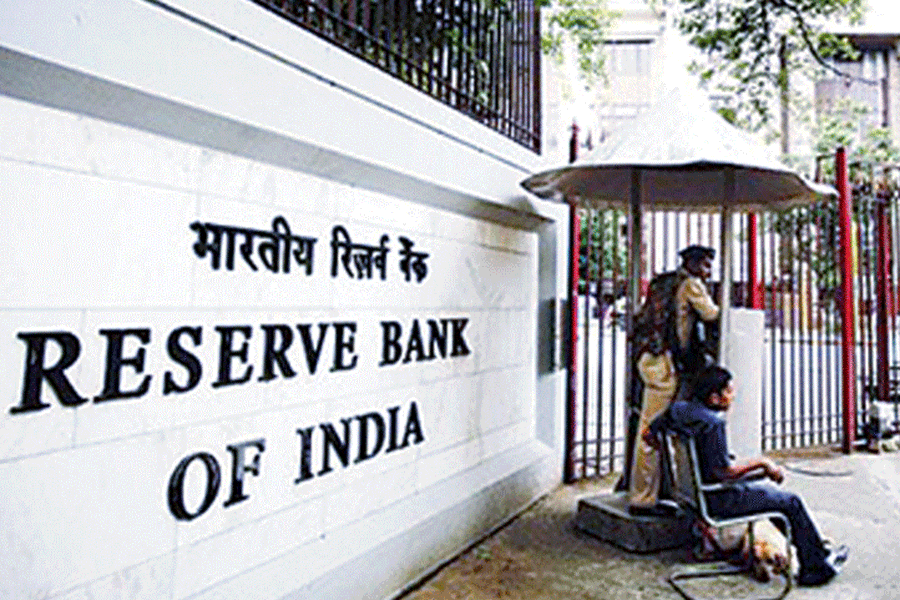The Reserve Bank of India (RBI) governor, Shaktikanta Das, addressed challenges to the ongoing disinflation process and emphasized the importance of stability in inflation for sustainable economic growth.
Impact of Recurring Food Price Shocks and Geopolitical Tensions
Recurring food price shocks and geopolitical tensions are posing challenges to the disinflation process. Das highlighted the need for vigilance from central banks to navigate through this phase.
Importance of Understanding Supply Side for Monetary Policy
Das stressed the importance of understanding the supply side of the economy for effective monetary policy implementation.
Challenges in Achieving Targeted Inflation Rate
Efforts to bring down inflation to the mandated target of 4 per cent have been hindered by repeated food price shocks.
Uncertainty Surrounding Food Inflation Outlook
Das noted considerable uncertainty regarding the outlook on food inflation, influenced by adverse weather events and geopolitical tensions.
Importance of Stable and Low Inflation for Economic Growth
Stable and low inflation is crucial for sustainable economic growth, and Das reiterated the significance of achieving this goal.
Emphasis on Navigating Through Disinflation Challenges
While acknowledging the challenges, Das emphasized the need for vigilance in navigating through the final phase of disinflation.
Shift in Focus from Demand to Supply Side Factors
Das highlighted the shift needed in macroeconomic models towards adequately addressing supply-side factors, which have been relatively neglected in the past.
Multiple Challenges Faced by India
Despite challenges, Das mentioned India’s successful navigation through various economic hurdles.
Multiple Choice Questions (MCQs):
- What did RBI Governor Shaktikanta Das emphasize as crucial for sustainable economic growth?
- A) High inflation
- B) Stable and low inflation
- C) Variable inflation rates
- D) Unpredictable inflation trends
- Answer: B) Stable and low inflation
- According to Das, what poses challenges to the ongoing disinflation process?
- A) Stable food prices
- B) Political stability
- C) Recurring food price shocks and geopolitical tensions
- D) Steady economic growth
- Answer: C) Recurring food price shocks and geopolitical tensions
- What aspect of the economy did Das stress the need for a better understanding of?
- A) Demand side
- B) Fiscal policies
- C) Monetary policies
- D) Supply side
- Answer: D) Supply side
- Which of the following has hindered efforts to achieve the targeted inflation rate of 4%?
- A) Decreasing geopolitical tensions
- B) Stable food prices
- C) Repeated food price shocks
- D) Predictable inflation trends
- Answer: C) Repeated food price shocks
- What contributes to uncertainty in the outlook on food inflation, as mentioned by Das?
- A) Stable weather patterns
- B) Predictable supply chains
- C) Adverse weather events and geopolitical tensions
- D) Reduced crude oil prices
- Answer: C) Adverse weather events and geopolitical tensions
